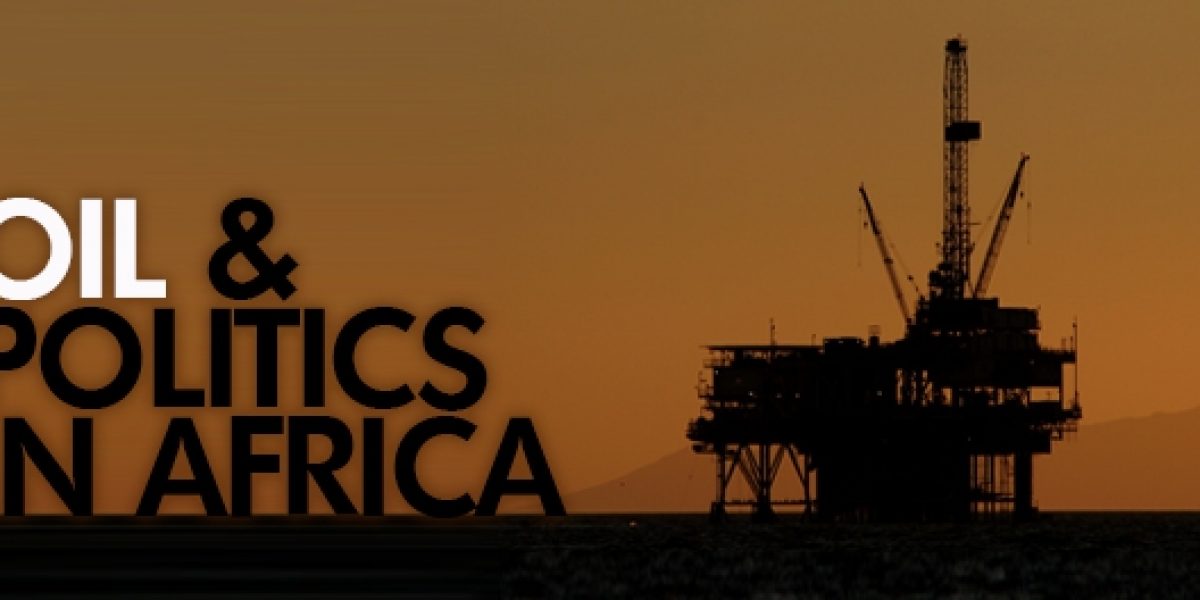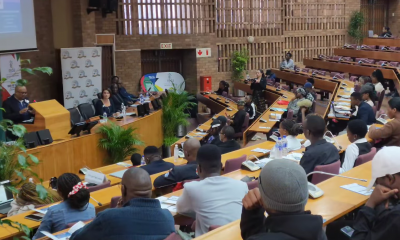The 2014 Africa Assembly of the Oil Council is hosting a conference towards the end of June to bring together oil executives and government officials to aid extractive endeavours in Africa’s oil and gas sectors.
Oil wealth should portend a development blessing. In too many cases, however, the expected benefits have failed to materialise. Nowhere is this truer than on the African continent. A recent edition of Foreign Affairs identifies twelve new major future oil exporters in Africa. Oil rents are hypothesised to have a pernicious effect on development through a number of channels. One popular argument is that it reduces the state’s incentive to tax citizens, as royalties and taxes from multinational oil companies confer financial independence on ruling elites. This both undermines the incentive for citizens to engage in productive activity, and dissolves the citizen-state accountability link ordinarily forged through taxation.
Both the Foreign Affairs article and a new paper by the Center for Global Development advocate direct cash transfers to citizens as a means of ameliorating the potential ‘oil curse’. These are also known as ‘direct dividend payments (DDPs)’. The latter paper is more cautious in its assessment than the former, arguing that while DDPs ‘could be a powerful new tool in (sic) poverty alleviation among African countries… the political economy of DDPs is complex, [and]… The net effect on fiscal resource revenues as a source of DDPs is uncertain’ (pp. 17-18).
A new SAIIA paper examines the complex political economy of how future oil revenues in West and East Africa are likely to affect development outcomes. Using a framework developed by North, Wallis and Weingast, and a game theoretic model built by Robert Bates, it argues that oil rents are unfortunately likely to result in sub-optimal economic performance across all four countries selected for the study. This is true even in Ghana, which has the most promising initial political equilibrium.
Download the Occasional Paper, Future Oil Revenues and Political Dynamics in West and East Africa: A Slippery Slope? (568.5 kB)
DDPs remain a useful policy idea. However, the paper shows that given the current political equilibriums, they are unlikely to gain sufficient support to be implemented in the first place. Therefore, a more optimal policy route may be to strengthen the ability of civil society to provide sustained scrutiny of how states use oil revenues. Incremental institutional reform is more desirable in the long run than cash transfers to citizens in the short run. Even if these transfers are taxed, there is little reason to believe that this will suddenly forge a citizen-state accountability link. In fact, it may well result in reasonably foreseeable negative consequences.
The paper ultimately argues that because oil rents disrupt political incentives in a way that is likely to undermine economic performance, policy practitioners should seek solutions that nudge countries towards greater accountability and avoid inadvertently entrenching predatory elites.








